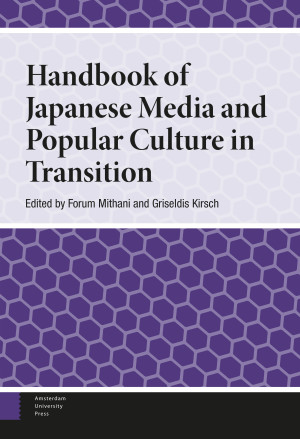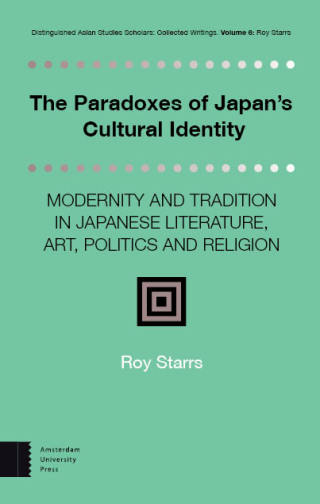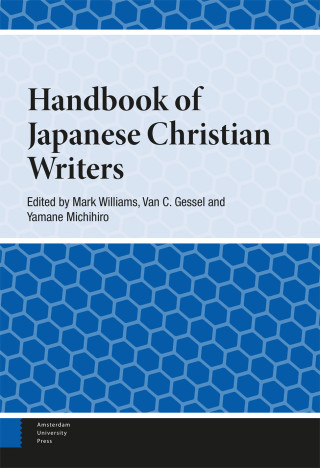The Handbook of Japanese Media and Popular Culture in Transition brings together new research and perspectives on popular media phenomena, as well as shining a spotlight on texts that are less well known or studied. Organized into five thematic sections, the chapters span a diverse range of cultural genres, including contemporary film and television, postwar cinema, advertising, popular fiction, men’s magazines, manga and anime, karaoke and digital media. They address issues critical to contemporary Japanese society: the politicization of history, authenticity and representation, constructions of identity, trauma and social disaffection, intersectionality and trans/nationalism. Drawing on methods and approaches from a range of disciplines, the chapters make explicit the interconnections between these areas of research and map out possible trajectories for future inquiry. As such, the handbook will be of value to both novice scholars and seasoned researchers, working within and/or beyond the Japanese media studies remit.





